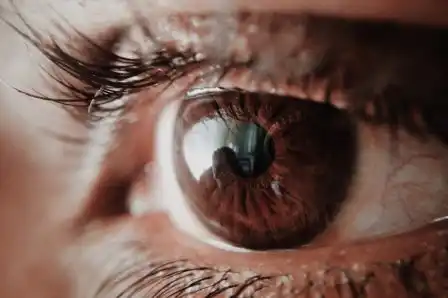Tips on Winning Negligent Infliction of Emotional Distress Claims

Catastrophic accidents can stretch for a couple of miles and involve multiple vehicles and individuals. In some cases, people who happen to be near the scene of the accident may be directly or indirectly affected due to witnessing the aftermath of a gruesome crash, leading to their being affected physically or emotionally. Injuries may heal, but traumatic feelings simply don’t go away on their own, and they may take time to be resolved through the passage of time as well as intensive therapy. If you lost a loved one after a car accident, you may consider filing a lawsuit if another party caused the demise of your loved one. However, what most people aren’t aware of is the fact that you can also file a suit to collect compensation under the bystander claim for emotional distress and anguish you experience in the moments after an accident.
Are you considering suing for emotional distress? For information on emotional distress damages after an accident, and any other legal questions regarding emotional distress cases, please give us a call NOW at 1 (773) 825-3547 for more information on your legal rights. We have combined legal experience spanning 70 years, and we have a team of friendly and resourceful individuals ready to give you more information on the value of your car accident claim.
Is My Claim Valid?
According to the law, in order for your bystander claim to be admissible in a court of law, you must have been in the zone of physical danger at the time of the accident which may have exposed you to the risk of injury. In addition, you must have suffered physical injury or illness due to the mental stress experienced due to the other party’s negligence.
What Kind of Proof Will I Need To Show?
Generally speaking, emotional distress cases are notoriously difficult to win. This is because our courts require sufficient and compelling proof that the plaintiff suffered severe emotional stress via the direct witnessing of said event. As with any good cases, there needs to be evidence that this distress did indeed occur. This can be shown via the production of medical reports that show the plaintiff underwent counseling, and how this distress played into their life – this could be in the form of missed days off work, as well as testimony from loved ones alluding to behavioral changes.
Need Help? Call Us Now!
Bystander claims arising out of negligent infliction of emotional distress require that you have an injury attorney who has handled similar cases as well as has trial experience. To this end, we’d like to invite you to give us a call so you can speak with our experienced personal injury lawyers at 1 (773) 825-3547 to learn more about what we can do for you. Thanks, and we look forward to hearing from you.

